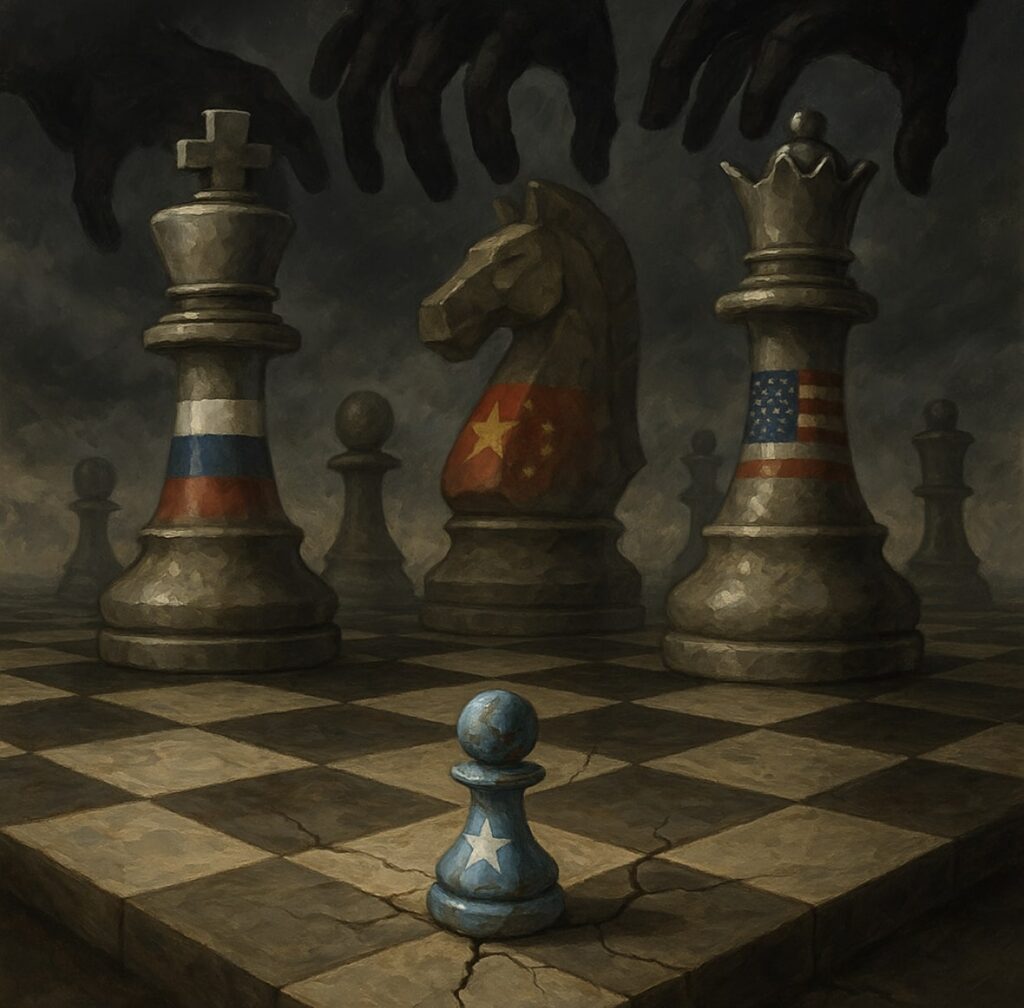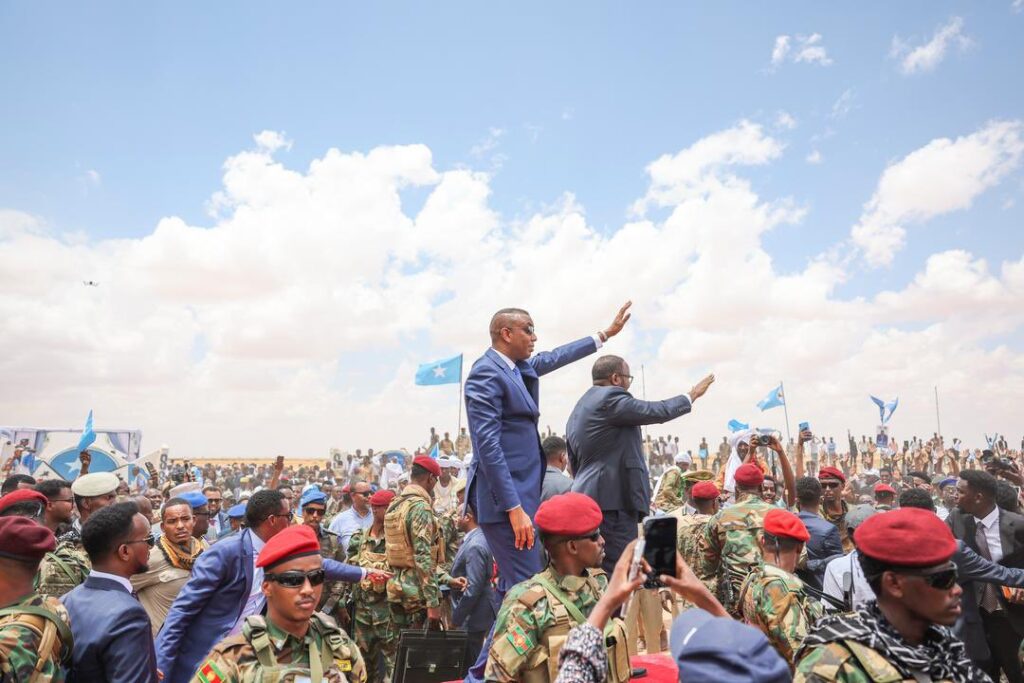In many African countries, leaders rise to power with promises of change, justice, and transparency, pledging to build strong institutions and enforce the rule of law. Somalia, a nation familiar with political turbulence and decades-long instability, has seen many leaders enter office on waves of hope, only to fall prey to the allure of power. The phenomenon is so common it can be termed “power delusion”: a dramatic shift in behavior that takes leaders away from their initial ideals, transforming them into rulers who embody the very systems they once criticized.
The Cycle of Promises and Betrayal
African leaders, and particularly those in Somalia, often gain the people’s support by speaking out against corruption, advocating for human rights, and promising the people that their administration will break with the past. While campaigning, they highlight the need for good governance, commitment to justice, and support for a free press. However, history has shown that once these leaders attain power, their priorities shift.
Instead of focusing on their platforms, they become fixated on retaining power. Leaders who once called for democracy and transparency turn to authoritarian tactics: silencing dissent, jailing journalists, and creating obstacles for opposition voices. They champion these repressive moves as efforts to “maintain stability” or “protect the nation,” but in reality, they reflect a deeper issue—a delusion brought on by the intoxication of power.
Power and Reality Distortion
Once in office, leaders often become consumed by a sense of invincibility, isolating themselves from the real struggles of the people. Surrounded by a closed circle of loyalists and yes-men, they lose touch with the public sentiment that once buoyed them to leadership. They develop an “us versus them” mentality, viewing criticism as a threat and opposition as an enemy rather than a healthy democratic component.
In Somalia, leaders have repeatedly demonstrated this distortion. Those who once advocated for press freedom now suppress it, enacting laws to censor journalists or using security forces to intimidate and even imprison those who dare to critique their administration. Under the guise of “national security,” they quash public opinion, aiming to silence any voices that challenge their authority. This creates an illusion of unity and public support, which can sustain a false narrative—at least for a time.
The Illusion of Eternal Power
In the throes of power delusion, leaders may begin to believe that they can stay in office indefinitely. Some African leaders attempt to amend constitutions or exploit legal loopholes to extend their rule. In Somalia, we see leaders bending laws to fit their aspirations, often spending significant resources fighting political opponents rather than addressing pressing national issues. The focus shifts from serving the people to creating the illusion that their leadership is indispensable.
To maintain this illusion, these leaders engage in elaborate propaganda campaigns, often at the expense of genuine progress. In doing so, they fail to confront the issues that face their countries, choosing instead to stage grandiose events, praise-filled ceremonies, and scripted media coverage to maintain an image of popularity and legitimacy. This “eternal leader” illusion, however, never truly lasts. The cycle of discontent grows beneath the surface, as people grow weary of unfulfilled promises and systemic corruption.
The Fall Back to Reality
When these leaders eventually leave office, voluntarily or otherwise, they are often met with the reality they have long ignored. No longer insulated by power, they are forced to confront the very issues they failed to address: political turmoil, poverty, corruption, and public distrust. Some try to rehabilitate their image, returning to their former ideals and, once again, calling for democracy and transparency. But by this point, the public has seen both sides of their character.
In Somalia, as in other nations, people are growing more aware of the power delusion that clouds leaders’ visions. History has taught that governance is not merely about holding office but about genuinely serving the people and upholding the values that leaders once preached. As leaders find themselves back in society without power, they are reminded that power is a temporary privilege, not a permanent right, and that integrity in leadership is the true measure of greatness Conclusion
The power delusion has trapped many Somali leaders, as well as others across Africa, turning their leadership terms into exercises in repression and self-preservation rather than public service. To break this cycle, Somalia and other nations need systems that prioritize accountability, where leaders are reminded that their role is to serve the people, not to hold onto power at any cost. True leadership is tested not by how long one stays in power, but by the positive, lasting changes one makes for the nation.





